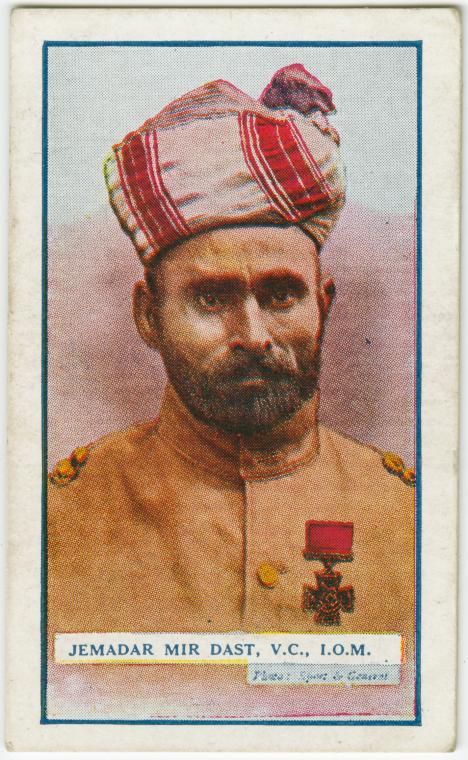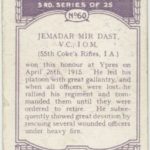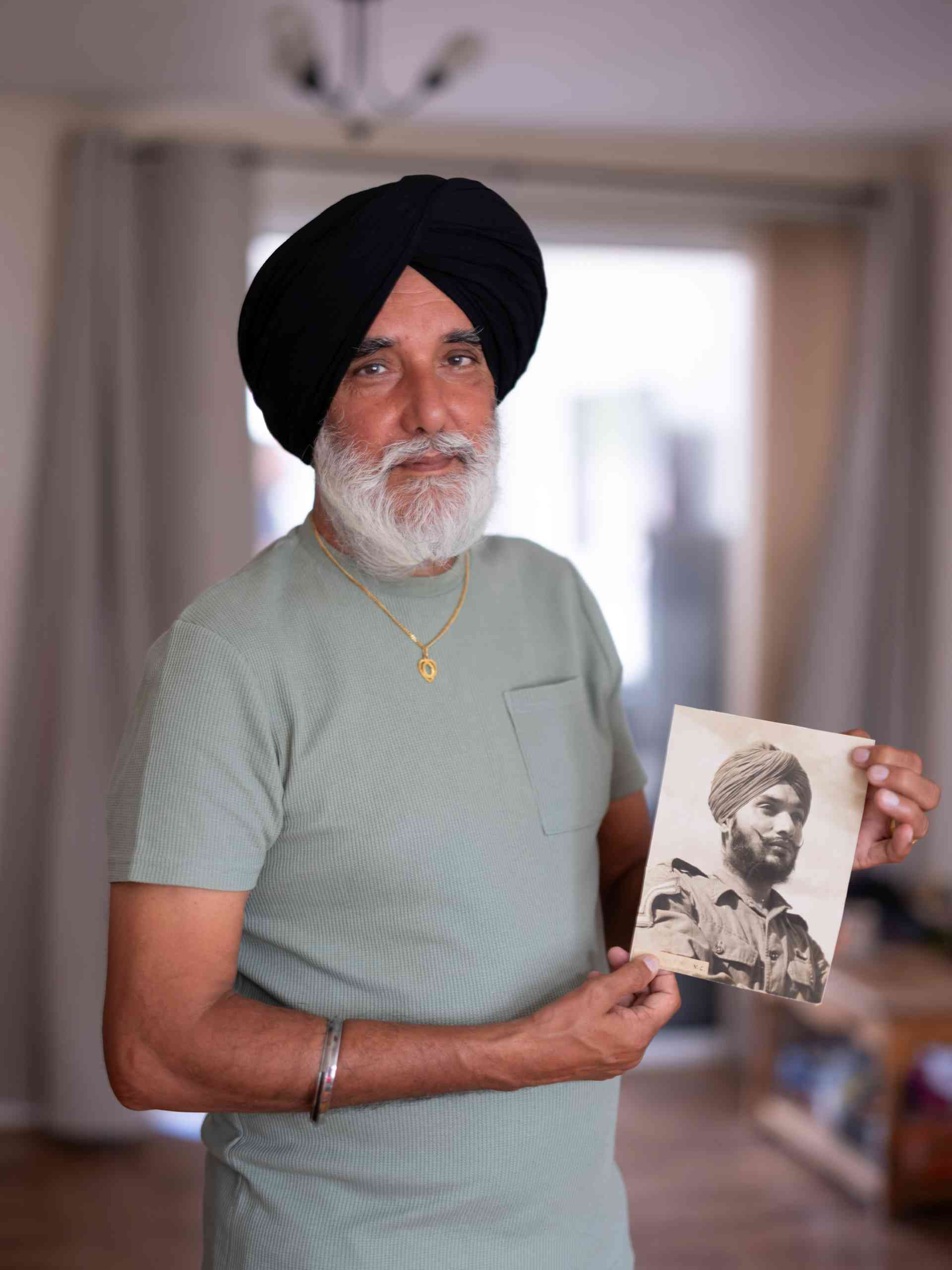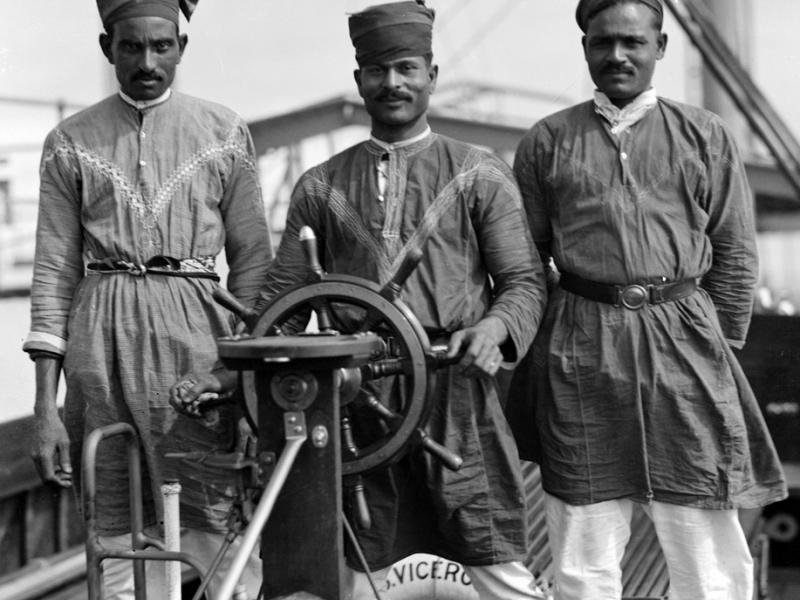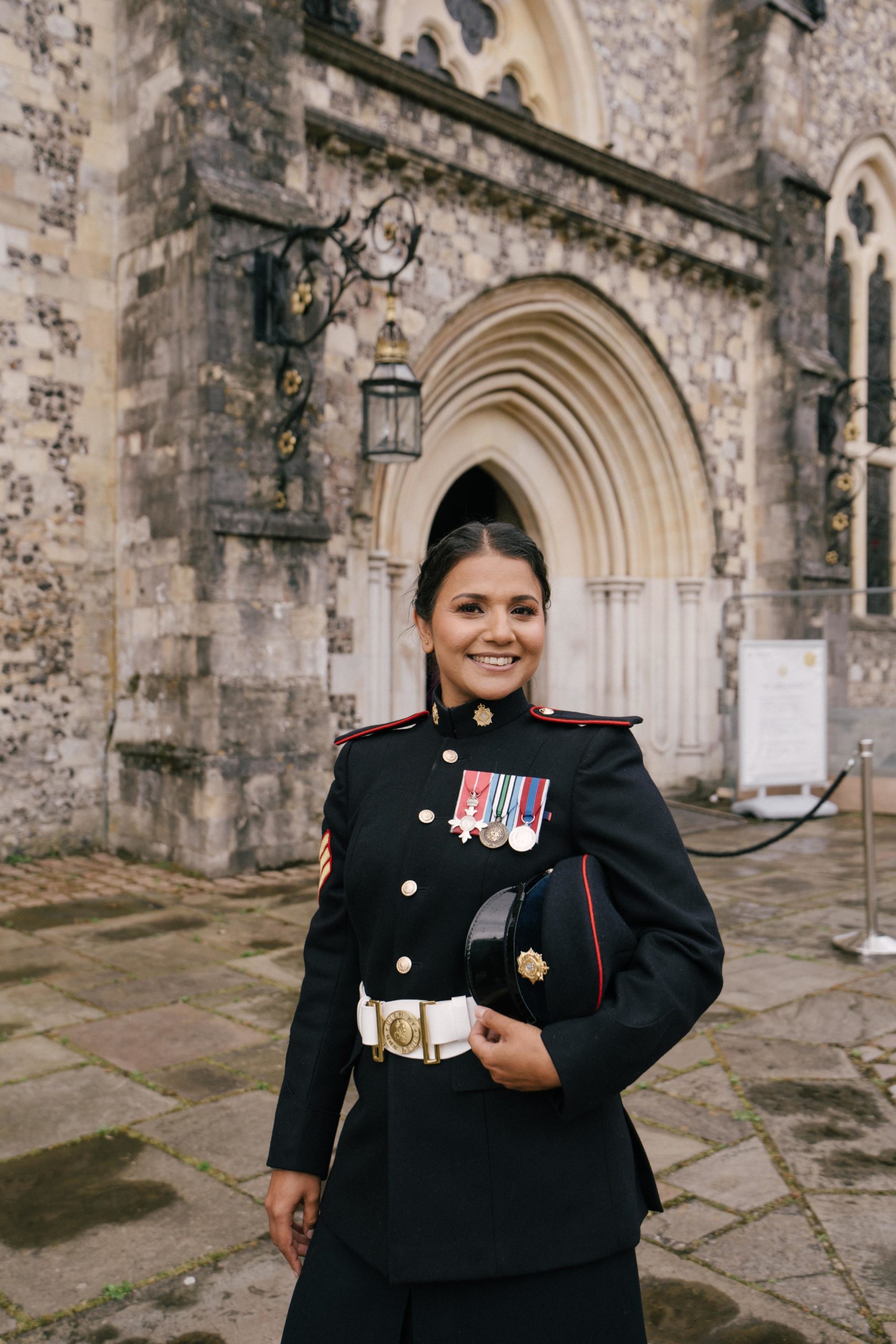Mir Dast was born on 3 December 1874, in the North-West Frontier Province of British India, now part of Pakistan. His early life in a region known for its martial traditions set the stage for his future career. Enlisting in the Indian Army, Mir Dast served with the 55th Coke’s Rifles (Frontier Force).
During the First World War, the Indian Army played a crucial role in many theatres of war, including the Western Front. Mir Dast was awarded the Victoria Cross for his actions on 26 April 1915, during the Second Battle of Ypres in Belgium. Despite being wounded and exposed to toxic gas, Mir Dast led a party of men to safety, demonstrating extraordinary courage and leadership under dire circumstances. His bravery was exemplary of the contributions of thousands of Indian soldiers who fought and died in a war far from their homeland.
His citation reads:
“For most conspicuous bravery and devotion to duty when in charge of two machine guns accompanying the battalion in a counterattack. Although severely wounded in the first gas attack, he carried on under very heavy fire, and after being wounded again, remained with his machine guns and under heavy fire again attempted to bring his guns into action, continuing to encourage his men until he collapsed from his wounds. He displayed extraordinary coolness, great bravery, and determination, and this act of courage and devotion to duty undoubtedly saved many lives.”
He received the Victoria Cross from King George V at Buckingham Palace on 26 August 1915.
Like many soldiers, Mir Dast was wounded in the line of duty. He was evacuated to England for treatment and recovery, a widespread practice for soldiers injured on the Western Front. He was sent to Brighton, where several buildings, including the Royal Pavilion, had been converted into military hospitals specifically for Indian soldiers.
Mir Dast’s brother, Mir Mast, also served in the Indian Army, but his story took a different turn. Mir Mast defected to the German side during the First World War, a significant event given that he was also a decorated soldier. The reasons behind his defection remain speculative, with theories ranging from ideological shifts to coercion or promises of better treatment by the Germans.
The contrasting paths of Mir Dast and Mir Mast highlight the complex and often personal nature of allegiances during colonial times. Mir Dast’s continued loyalty and bravery stand in sharp contrast to his brother’s decision.
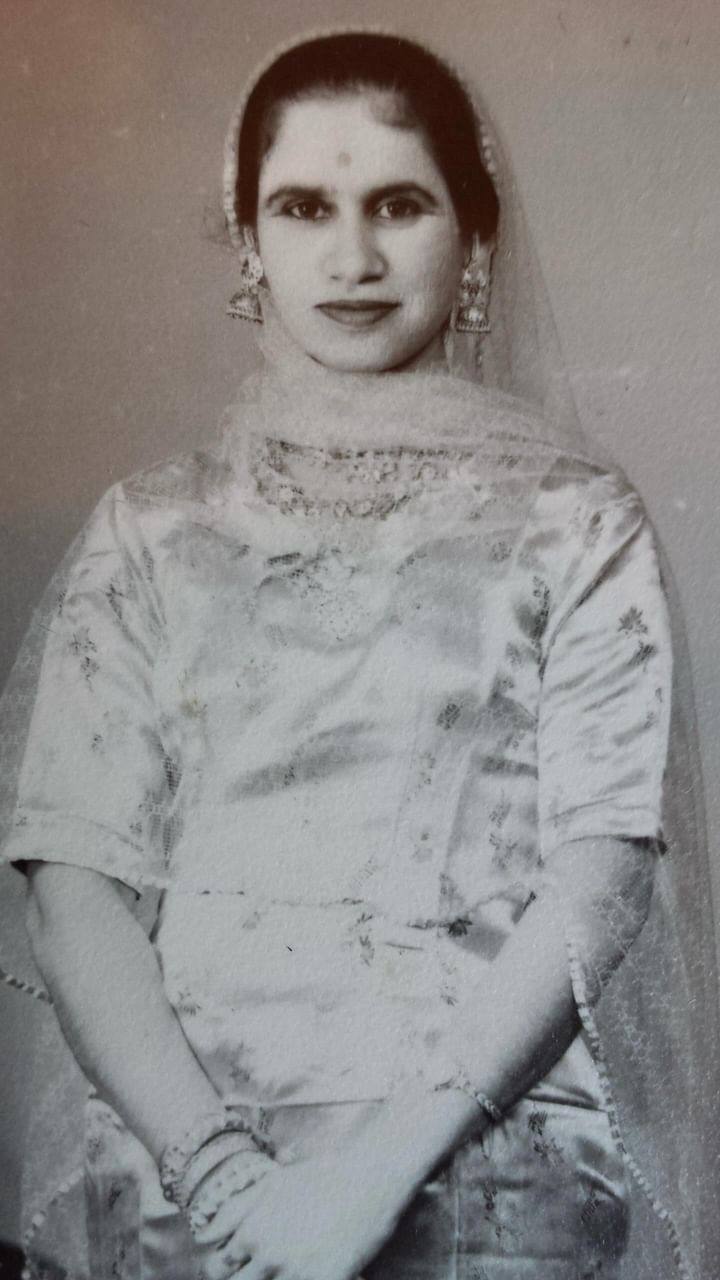
 South Asian Heritage Month dates changed to "July" from 2026 — Learn more here →
South Asian Heritage Month dates changed to "July" from 2026 — Learn more here →

